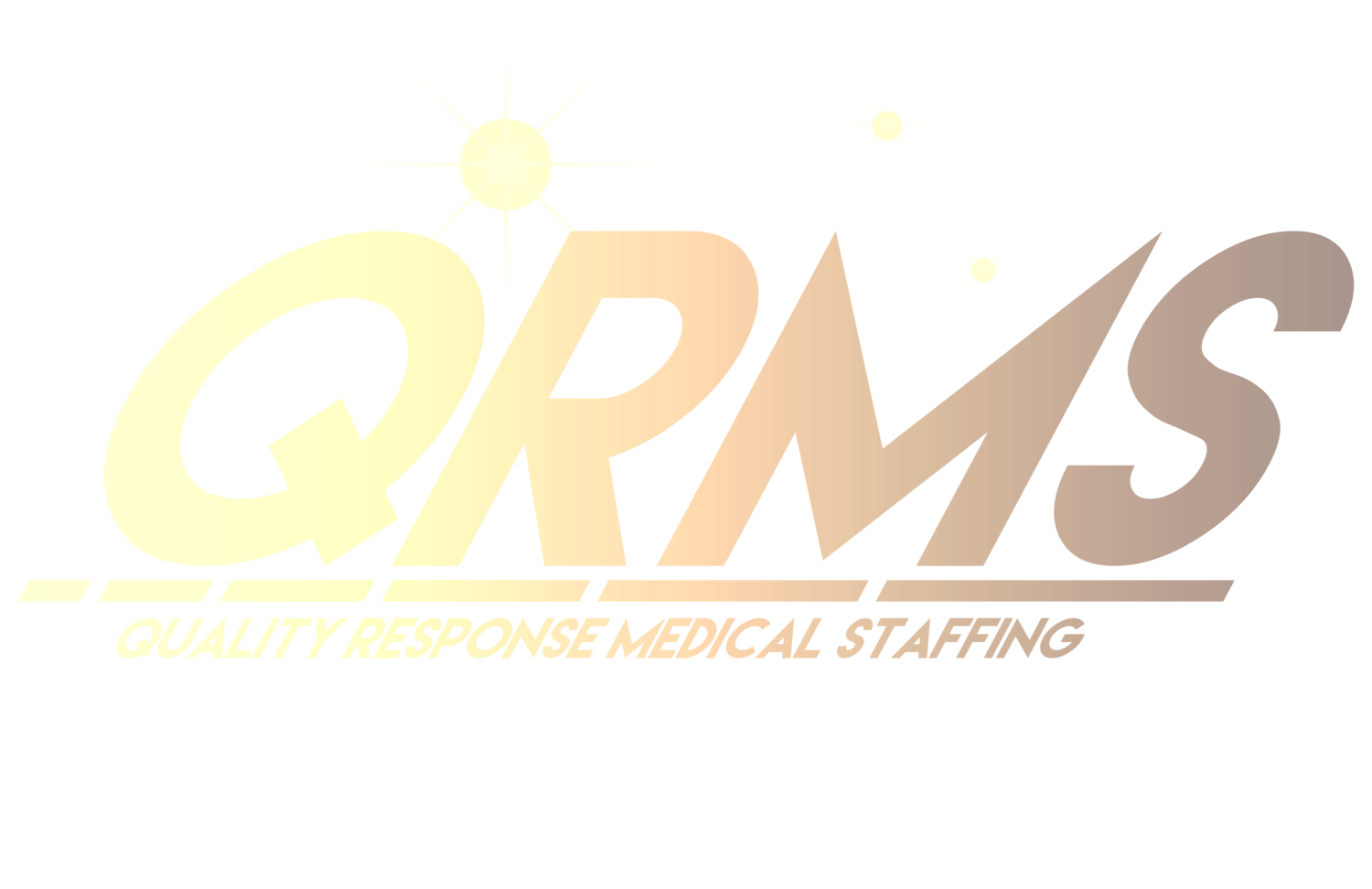10 Great Tips for Nurses
Nursing is a highly demanding and rewarding profession that requires a diverse set of skills, from clinical expertise to effective communication and patient-centered care. Nurses are responsible for providing high-quality care to patients in various settings, from hospitals and clinics to long-term care facilities and private homes. As a nurse, it is essential to continually refine your skills, stay up-to-date with the latest medical knowledge, and prioritize self-care to ensure that you can provide optimal care to your patients. In this context, we will provide some general tips for nurses to help them navigate the challenges and responsibilities of your profession.
Prioritize self-care: Nursing can be a demanding and stressful profession. It is essential to take care of yourself physically, mentally, and emotionally. Make sure to eat well, exercise regularly, and get enough sleep. Find ways to manage stress, such as practicing mindfulness or engaging in a hobby you enjoy.
Build strong relationships with patients: Building trust and strong relationships with patients is essential for providing quality care. Take the time to listen to their concerns, communicate clearly and respectfully, and show empathy and compassion.
Stay organized: Nursing involves managing multiple patients and tasks simultaneously. To stay organized, use a to-do list or a scheduling app to keep track of your responsibilities. Prioritize tasks based on their importance and urgency.
Stay up-to-date with the latest medical knowledge: Nursing is a constantly evolving profession. Stay current with the latest medical knowledge and developments in your field by attending conferences, workshops, and continuing education courses.
Collaborate with other healthcare professionals: Nurses work closely with doctors, therapists, and other healthcare professionals. Collaborate with them to ensure that patients receive comprehensive care. Communicate effectively and share information to ensure that everyone is on the same page.
Be patient-centered: Focus on the needs and preferences of the patient, and tailor care to meet their individual needs. This includes being respectful of cultural and religious beliefs, communicating clearly, and involving patients in their care decisions.
Practice good communication skills: Effective communication is key to providing quality care. This includes using clear, concise language, active listening, and providing feedback. Be open to receiving feedback from patients and colleagues, and use it to improve your practice.
Be detail-oriented: Pay close attention to details, such as medication doses, patient histories, and vital signs. This helps to ensure that patients receive safe and effective care.
Practice self-reflection: Regularly reflect on your practice and identify areas for improvement. Seek feedback from colleagues, and be open to constructive criticism.
Be flexible and adaptable: Nursing involves dealing with unexpected situations and changes in patient conditions. Be flexible and adaptable, and be willing to adjust your plans and approach as needed.
We hope these tips are helpful for you new and experienced nurses out there. Remember that nursing is a rewarding but challenging profession, and that taking care of yourself is just as important as taking care of your patients. With that said, be sure to check out our article on self care Meditation for Nurses: The Importance of Clear Minds and Open Hearts, it will help you on this beautiful medical journey.
Thank you for you attention and let us know if this article helped you!

